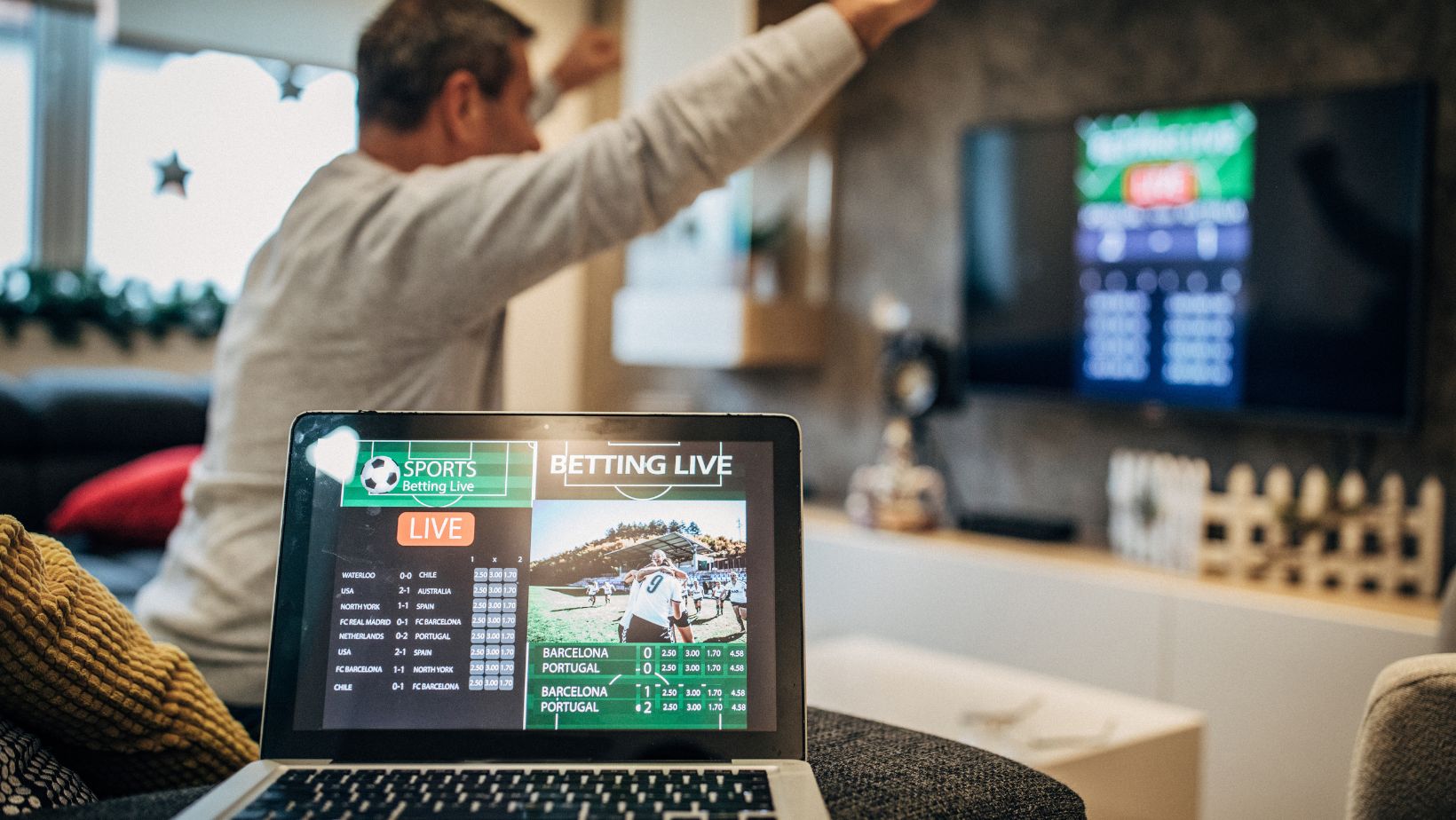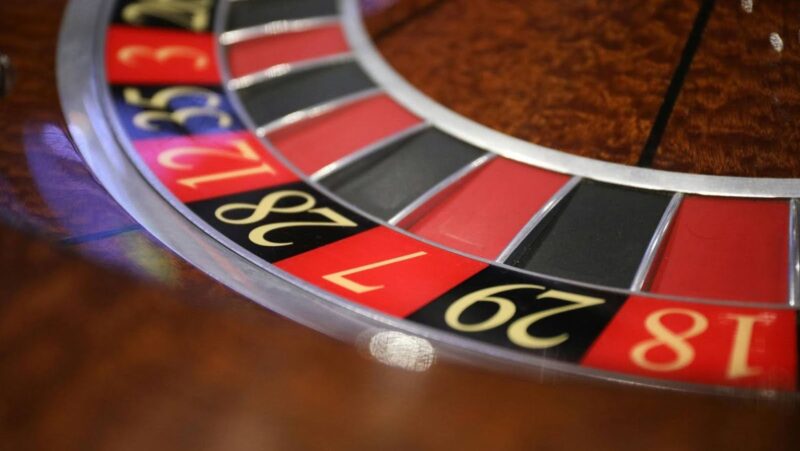

Online gambling has grown in popularity, bringing the excitement of casino games right into the homes of millions of players worldwide. The convenience, the variety of games, and the potential for winning make online casinos a thrilling experience. However, with this excitement comes a significant challenge: maintaining control and avoiding psychological pitfalls. The mind can play tricks, especially when money is at stake, leading to decisions based more on emotion than logic.
To gamble responsibly in online casinos, it’s essential to understand and manage these psychological traps. By recognizing the mental and emotional patterns that can influence your decisions, you’ll be better equipped to enjoy gambling as a fun activity without letting it get the best of you. This article will explore how to master these pitfalls and keep your gambling habits healthy.
Understanding Common Psychological Pitfalls: The Games Your Mind Plays
The first step in gambling responsibly is understanding the mental traps that can influence your behavior. One of the most common pitfalls is the gambler’s fallacy. This is the mistaken belief that past events influence future outcomes in games of chance. For example, if the roulette wheel has landed on black five times in a row, you might think it’s “due” to land on red. In reality, each spin is independent, and the odds remain unchanged regardless of what happened before. This thinking can lead you to place bigger bets, convinced that your luck is about to change.
Another psychological pitfall is chasing losses, where players keep betting more money to recover what they’ve lost. This mindset often stems from frustration and the belief that one big win will compensate for several losses. However, this can quickly spiral out of control, leading to significant financial losses and emotional distress. Recognizing that every bet is a new chance is crucial, and previous losses don’t increase your odds of winning.
The illusion of control is another mental trap many gamblers fall into. This occurs when players believe they have more control over the outcome of a game than they do. There is some level of control in games like poker, where skill plays a role. But in pure games of chance, like slots or roulette, no amount of strategy will influence the outcome. Recognizing the limits of your control helps prevent frustration and keeps your expectations realistic.
It’s also essential to acknowledge the role of confirmation bias. This happens when you selectively focus on the outcomes that support your beliefs and ignore those that don’t. For instance, you might remember the few times when you won big on a risky bet but forget the countless times it didn’t work out. This skewed memory can push you to repeat the same risky behaviors, even when they don’t pay off in the long run.
Understanding these common psychological pitfalls helps you identify the mental patterns that might influence your gambling behavior. By being aware of them, you’re one step closer to mastering your mindset and staying in control.
Building Self-Awareness: Recognizing Your Triggers
Self-awareness is a powerful tool for responsible gambling. The better you understand your emotional triggers, the more effectively you can avoid falling into the traps we discussed earlier. Recognizing what influences your decision-making process while gambling helps you maintain control and keep your behavior in check.

One key area to explore is your emotional state when you start gambling. Are you feeling stressed, anxious, or upset? If so, pausing before logging into an online casino is a good idea. Gambling when you’re not in a good mental space can cloud your judgment and lead to impulsive decisions. For example, if you’re feeling stressed, you might bet more than you should, hoping for a win to lift your spirits. Similarly, if you’re chasing the high of a big win, you might make irrational bets to recreate that euphoria.
Another important factor is social influence. Consider how this impacts your behavior if you often gamble with friends or in social settings. Peer pressure or wanting to keep up with others can lead you to make riskier bets than you would on your own. Self-awareness means knowing when your decisions are based on external pressures rather than your best interests. It’s okay to say no or step back if you feel like others are influencing you.
Additionally, keep an eye on how alcohol or other substances might affect your gambling habits. It’s no secret that alcohol lowers inhibitions, making you more likely to take risks and bet larger amounts than intended. If you notice that your decision-making worsens when drinking, it’s wise to avoid gambling during those times. Staying sober helps keep your mind clear and focused on making logical, thoughtful decisions.
Regularly check in with yourself while gambling. Take a break if you feel frustrated, overly excited, or pressured. Walk away from the game, even if it’s just for a few minutes. This gives you a chance to reset, evaluate your emotional state, and decide whether you’re ready to continue playing or if it’s time to call it a day.
The more in tune you are with your emotions and triggers, the better equipped you’ll be to keep gambling in perspective. Self-awareness is key to making responsible decisions, and it allows you to recognize when you’re at risk of falling into psychological traps.
Strategies for Maintaining Control: Setting Boundaries and Limits
Once you’ve developed self-awareness and a better understanding of the psychological pitfalls, the next step is to create practical strategies for staying in control while playing in the best online casino real money platforms. Setting clear boundaries and limits is essential to responsible gambling, ensuring you don’t go overboard.
Start with a budget. Before logging in to your online casino account, decide how much you will spend. Knowing that gambling is a game of chance, this should be an amount you’re comfortable losing. Once you’ve set your budget, stick to it. Viewing this money as part of your entertainment budget is important—just like you would with a night out or a movie trip. If you lose it, it’s gone. Resist the temptation to top up your balance if you run out of funds. This is where many players fall into the trap of chasing losses.
Setting time limits is just as important as financial limits. It’s easy to lose track of time when immersed in an exciting game, but playing too long can lead to fatigue and poor decision-making. Set a timer or schedule breaks during your gambling sessions to prevent burnout. When you’re tired, you’re more likely to make impulsive decisions, affecting your ability to stay composed and in control.

Another powerful tool is self-exclusion or cooling-off periods. Many online casinos offer features that allow you to block yourself from playing for a set period. If you feel like your gambling habits are getting out of hand, taking advantage of these features can be a smart move. You can also set daily, weekly, or monthly deposit limits to ensure you’re not spending more than intended. These tools help you stay in control, so use them if necessary.
Finally, having a support system in place can be incredibly helpful. Whether it’s a friend, family member, or a support group, having someone to talk to about your gambling habits can provide valuable perspective. They can help you recognize when you’re getting too emotionally involved or when it’s time to take a break.
By setting financial and time limits, using self-exclusion tools, and relying on a support system, you’ll have a solid framework to gamble responsibly. These strategies keep you grounded, allowing you to enjoy the excitement of online casinos without losing sight of what’s important—staying in control.
Gambling can be an exhilarating experience, but it’s also one that requires a great deal of self-awareness and control. To gamble responsibly in online casinos, you must master the psychological pitfalls that can lead to poor decision-making, like the gambler’s fallacy or chasing losses.
By understanding these mental traps, building self-awareness, and setting practical boundaries, you can approach online gambling in a way that keeps it fun and safe. Remember, responsible gambling is about balance—enjoying the thrill while staying in control of your emotions, your time, and your money. With the right mindset and strategies, you can ensure that your online gambling experience remains a positive and enjoyable activity.












